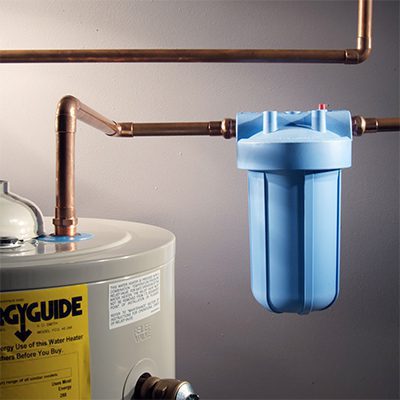In search of the ideal solution to tackle the perils of hard water, many people find themselves pondering over the question – what is the best approach to filter hard water for drinking purposes? With an increasing number of individuals becoming aware of the adverse effects of consuming hard water, the demand for effective filtration methods has soared. This article explores various techniques and considerations to help you navigate the realm of water filters and find the optimal solution for transforming your hard water into a refreshing and safe drink.
Understanding Hard Water
Definition of hard water
Hard water is water that contains high levels of mineral ions, such as calcium and magnesium. These minerals dissolve in water as it flows through rock formations and soil, resulting in the formation of hard water. The hardness of water is typically measured in grains per gallon (GPG) or parts per million (PPM) of dissolved minerals.
Causes of hard water
Hard water is primarily caused by the presence of certain minerals in the water supply. As water passes through limestone and chalk deposits, it picks up calcium and magnesium ions. Similarly, groundwater can become hard when it flows through mineral-rich soil. The level of hardness in water can vary depending on the geological composition of the area.
Health Risks of Hard Water
Effects of consuming hard water
Consuming hard water is generally considered safe for most individuals. The minerals present in hard water can even have some health benefits. However, there are a few potential issues to consider. For individuals with certain medical conditions, such as kidney stones or low sodium diets, the high mineral content in hard water may not be suitable. Additionally, the presence of minerals can give water an unpleasant taste or cause a slight texture to the water.
Mineral content in hard water
The most common minerals found in hard water are calcium and magnesium. While these minerals are essential for the body, consuming excessive amounts through hard water may contribute to the formation of kidney stones. Furthermore, the minerals can leave limescale deposits on plumbing fixtures and appliances, reducing their effectiveness and longevity.
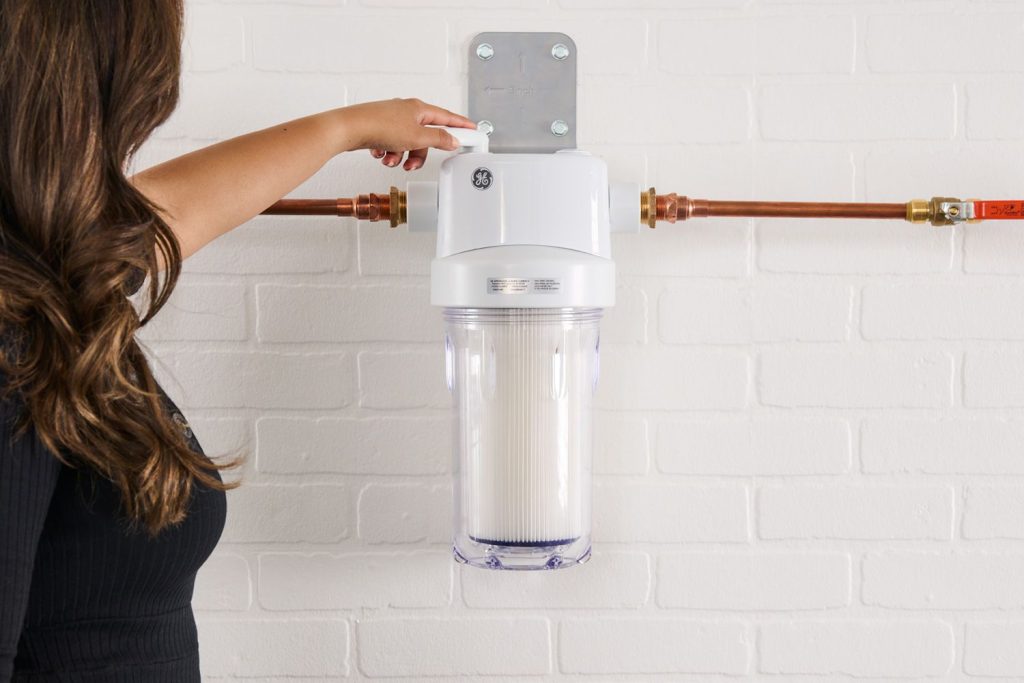

This image is property of www.thespruce.com.
Common Methods to Filter Hard Water
Water softeners
Water softeners are one of the most popular methods used to filter hard water. These systems work by exchanging the calcium and magnesium ions with sodium or potassium ions. The process, known as ion exchange, effectively reduces the hardness of the water, preventing limescale buildup and improving the water’s taste and texture. However, it’s worth noting that individuals on low sodium diets may need to opt for salt-free alternatives.
Reverse osmosis systems
Reverse osmosis (RO) systems are another effective method of filtering hard water. These systems utilize a semipermeable membrane to remove mineral ions, contaminants, and impurities from the water. RO systems are highly efficient at eliminating hardness-causing minerals and can provide high-quality filtered water. However, they may also remove beneficial minerals, so it’s important to ensure an adequate mineral intake through other sources.
Distillation
Distillation is a filtration method that involves boiling water and collecting the steam, which is then condensed back into water. The process effectively removes mineral ions and contaminants, producing purified water. Distillation is often used in laboratory settings due to its high level of filtration. However, it can be energy-intensive and may also remove beneficial minerals from the water.
Ion exchange filters
Ion exchange filters are similar to water softeners in their ability to remove hardness-causing minerals. These filters use a resin bed that traps calcium and magnesium ions, replacing them with sodium or hydrogen ions. Ion exchange filters are commonly used for point-of-use systems, such as faucet filters or showerhead filters. They offer a convenient and cost-effective option for reducing hardness in water.
Comparison of Different Filtration Methods
Effectiveness
Water softeners and reverse osmosis systems are considered highly effective at filtering hard water. These methods can significantly reduce the mineral content and provide a noticeable improvement in water quality. Distillation and ion exchange filters are also effective but may have limitations in terms of overall mineral removal and maintenance requirements.
Maintenance requirements
Water softeners generally require regular maintenance, such as recharging the resin bed and adding salt. Reverse osmosis systems may require periodic replacement of the membrane and filters. Distillation units need periodic cleaning and descaling to maintain optimal performance. Ion exchange filters typically require fewer maintenance tasks, but the filter cartridge will need to be replaced periodically.
Costs
The cost of filtering hard water can vary depending on the method chosen. Water softeners, including both salt-based and salt-free options, typically require a higher upfront investment. Reverse osmosis systems can range in price, depending on the capacity and features. Distillation units are often more expensive due to the complex process involved. Ion exchange filters are generally the most affordable option, both in terms of upfront costs and maintenance.
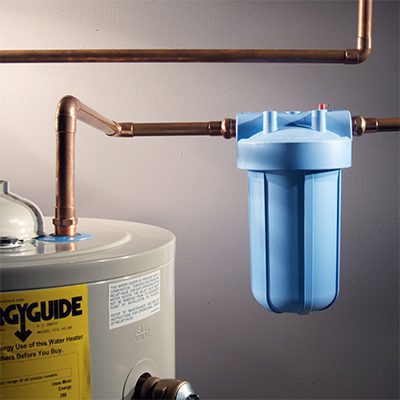

This image is property of contentgrid.homedepot-static.com.
Factors to Consider When Choosing a Filter
Water hardness level
The hardness level of your water supply is an essential factor to consider when choosing a filtration method. Testing your water for hardness can help determine the best approach. Water softeners and reverse osmosis systems are highly effective for high levels of hardness, while distillation and ion exchange filters may be suitable for moderate hardness levels.
Flow rate
The flow rate of water needed in your household should also be considered. Some filtration systems, such as water softeners and reverse osmosis systems, may have lower flow rates, which can affect overall water usage. It’s important to choose a system that can accommodate your household’s water needs.
System installation
The installation process for different filtration systems can vary. Water softeners and reverse osmosis systems typically require professional installation due to their complexity. Distillation units may also require professional installation, depending on the type and size. Ion exchange filters, on the other hand, are often designed for easy installation and can be done without professional assistance.
Choosing a Water Softener
Salt-based water softeners
Salt-based water softeners are the traditional choice for removing hardness from water. These systems use resin beads that attract and exchange calcium and magnesium ions with sodium ions. While highly effective, salt-based water softeners require regular maintenance, including adding salt and periodically recharging the resin bed. It’s important to consider the additional sodium content of the treated water, especially for individuals on low sodium diets.
Salt-free water softeners
Salt-free water softeners, also known as descalers or conditioners, offer an alternative for those concerned about sodium intake or the environmental impact of salt-based systems. These systems use different technologies, such as template-assisted crystallization or electromagnetic pulses, to prevent mineral ions from adhering to surfaces and forming limescale deposits. Salt-free water softeners do not remove minerals from the water but help prevent their negative effects. They often require less maintenance but may not be as effective for extremely hard water.
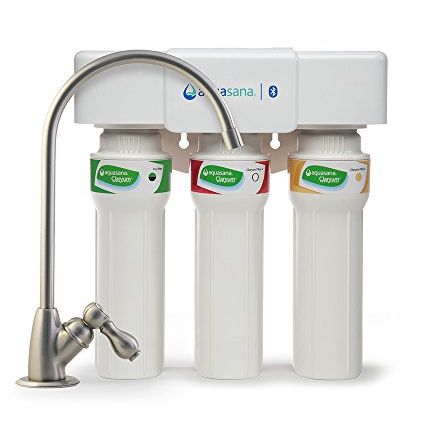

This image is property of hips.hearstapps.com.
Using a Reverse Osmosis System
How reverse osmosis works
Reverse osmosis systems use a semipermeable membrane to separate water molecules from dissolved minerals, contaminants, and impurities. The water is forced through the membrane under pressure, leaving behind the majority of the minerals and impurities. The resulting purified water is stored in a tank for consumption.
Pros and cons of reverse osmosis
One of the primary advantages of reverse osmosis systems is their ability to effectively remove hardness-causing minerals, as well as other contaminants like bacteria, viruses, and chlorine. The resulting water is of high quality and has a clean taste. However, it’s important to note that reverse osmosis systems may remove beneficial minerals, requiring individuals to supplement their mineral intake from other sources. Additionally, these systems can have lower flow rates and generate wastewater during the filtration process.
Distillation as a Filtration Method
Process of distillation
Distillation involves boiling water to create steam, which is then condensed back into liquid form. The process effectively removes mineral ions, contaminants, and impurities from the water. Distillation units typically consist of a heating element, a condenser, and a collection chamber. The purified water is collected separately, leaving behind any impurities.
Pros and cons of distillation
Distillation offers a high level of filtration, removing a wide range of impurities and minerals. The resulting water is highly purified and free from contaminants, providing a reliable source of clean drinking water. However, distillation can be energy-intensive and time-consuming. Additionally, it removes beneficial minerals from the water, which may need to be supplemented through other sources.
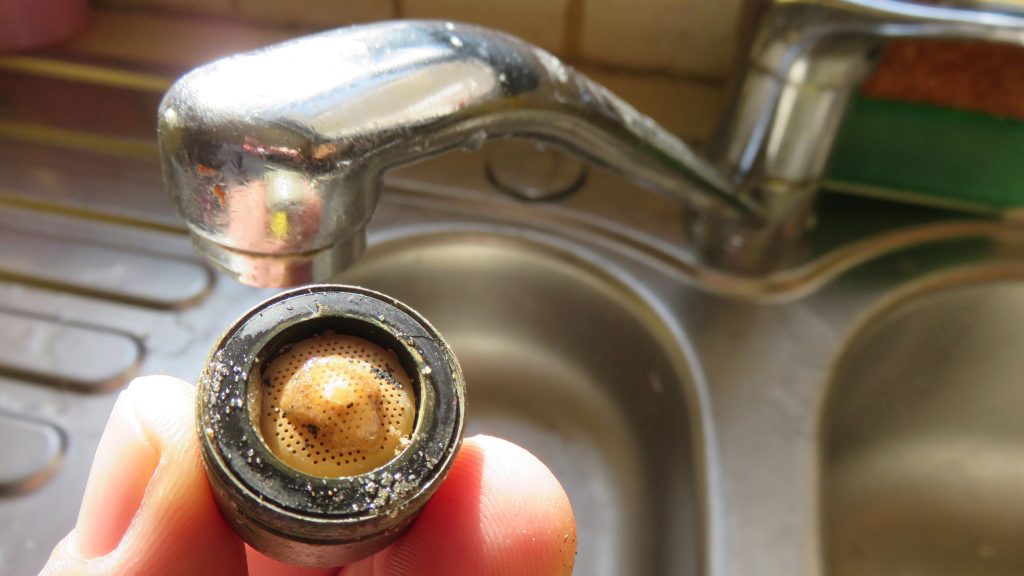

This image is property of blogstudio.s3.amazonaws.com.
Ion Exchange Filters for Hard Water
How ion exchange filters work
Ion exchange filters use a resin bed to trap calcium and magnesium ions, replacing them with sodium or hydrogen ions. The filter cartridge consists of small beads or granules that attract and exchange the ions as water passes through. This process effectively reduces the hardness of the water and prevents limescale buildup.
Benefits and limitations of ion exchange filters
Ion exchange filters offer a cost-effective solution for reducing the hardness of water. They are relatively easy to install and maintain, requiring periodic replacement of the filter cartridge. Ion exchange filters also help improve the taste and texture of the water without removing beneficial minerals. However, these filters may not be as effective for extremely hard water, and the efficiency can decrease over time as the resin becomes saturated with mineral ions.
Other Considerations for Drinking Hard Water
Alternative treatment methods
In addition to filtration methods, there are alternative treatment methods for hard water. One common approach is to use water conditioners or sequestering agents, which bind to the minerals and temporarily prevent limescale buildup. Another option is the use of magnetic water treatment devices, which claim to alter the structure of the minerals through magnetic fields. These alternative methods may have varying levels of effectiveness and may not provide the same level of filtration as dedicated water softeners or filters.
Health benefits of mineral-rich water
While hard water may have some drawbacks, it also offers certain health benefits. The minerals found in hard water, such as calcium and magnesium, are essential for the body and contribute to overall well-being. Consuming mineral-rich water can help meet the daily mineral requirements and may have positive effects on bone health and cardiovascular health. However, it’s important to find a balance between the benefits and drawbacks and consider individual health conditions when choosing a filtration method.
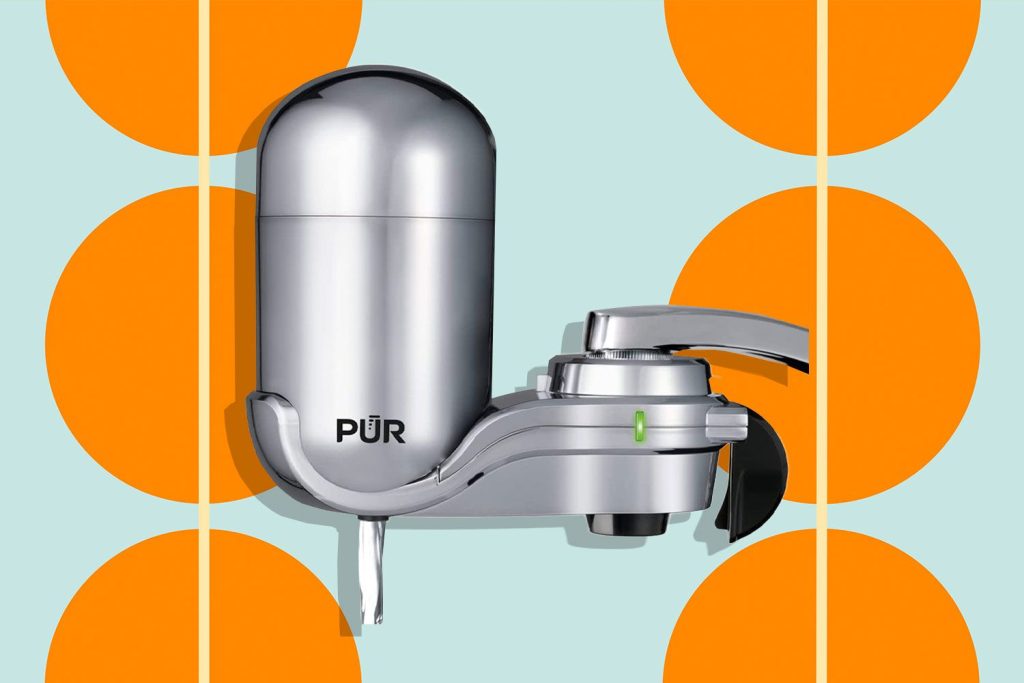

This image is property of www.foodandwine.com.

